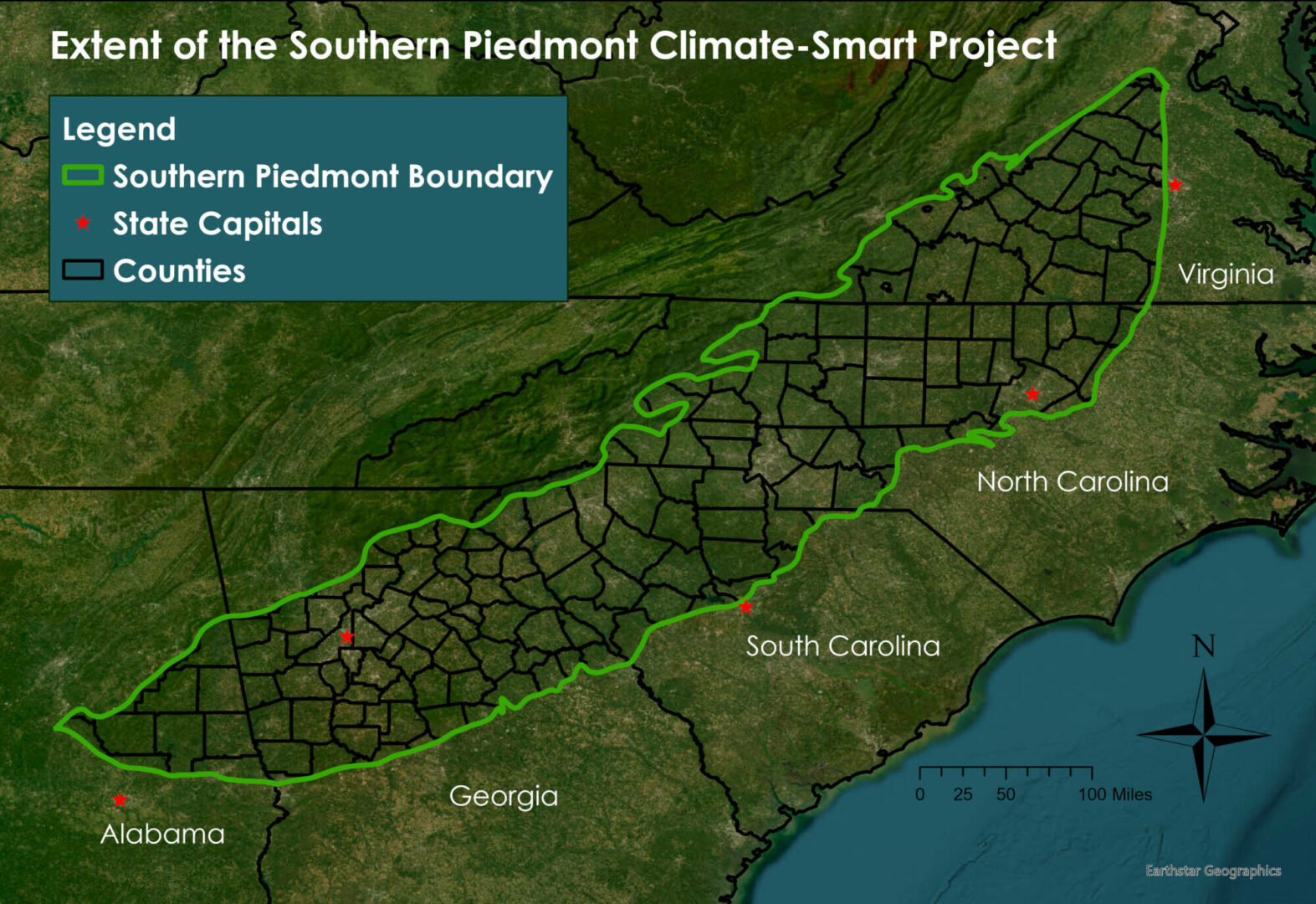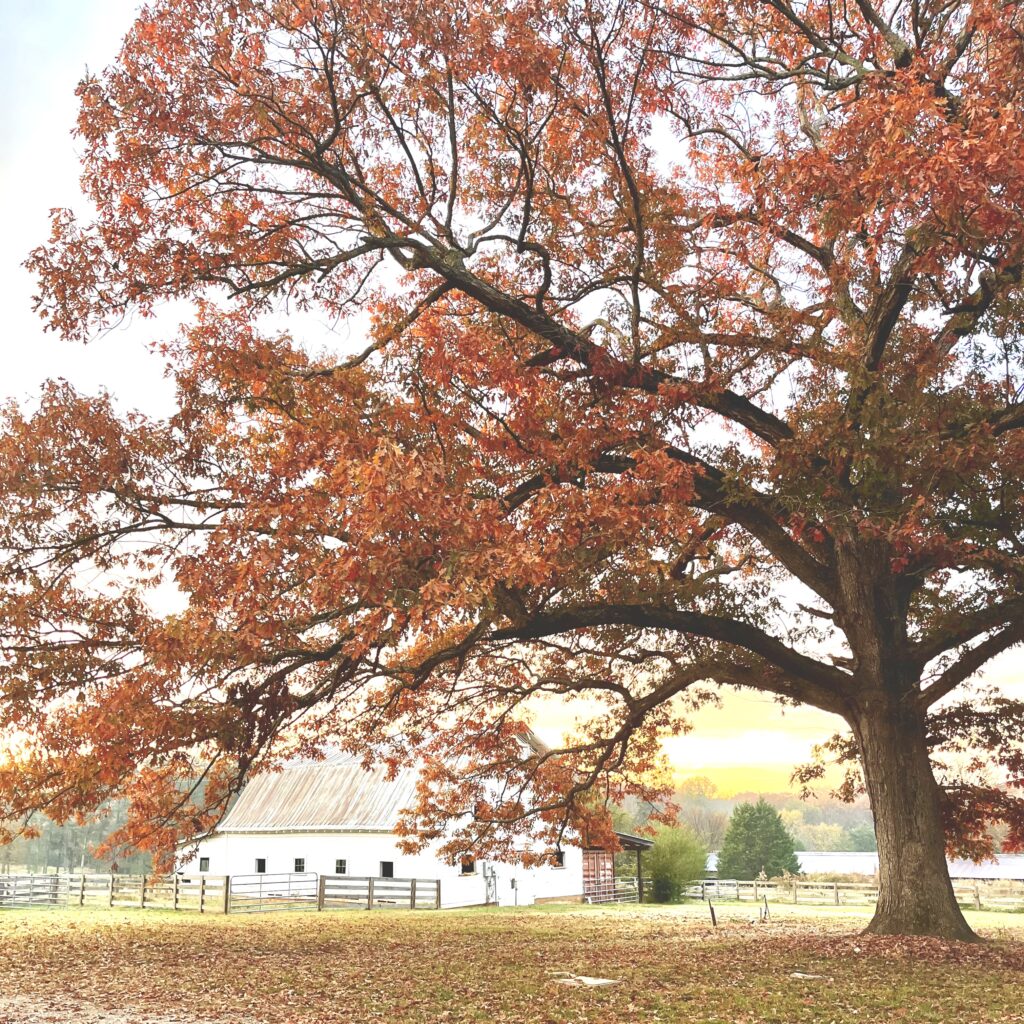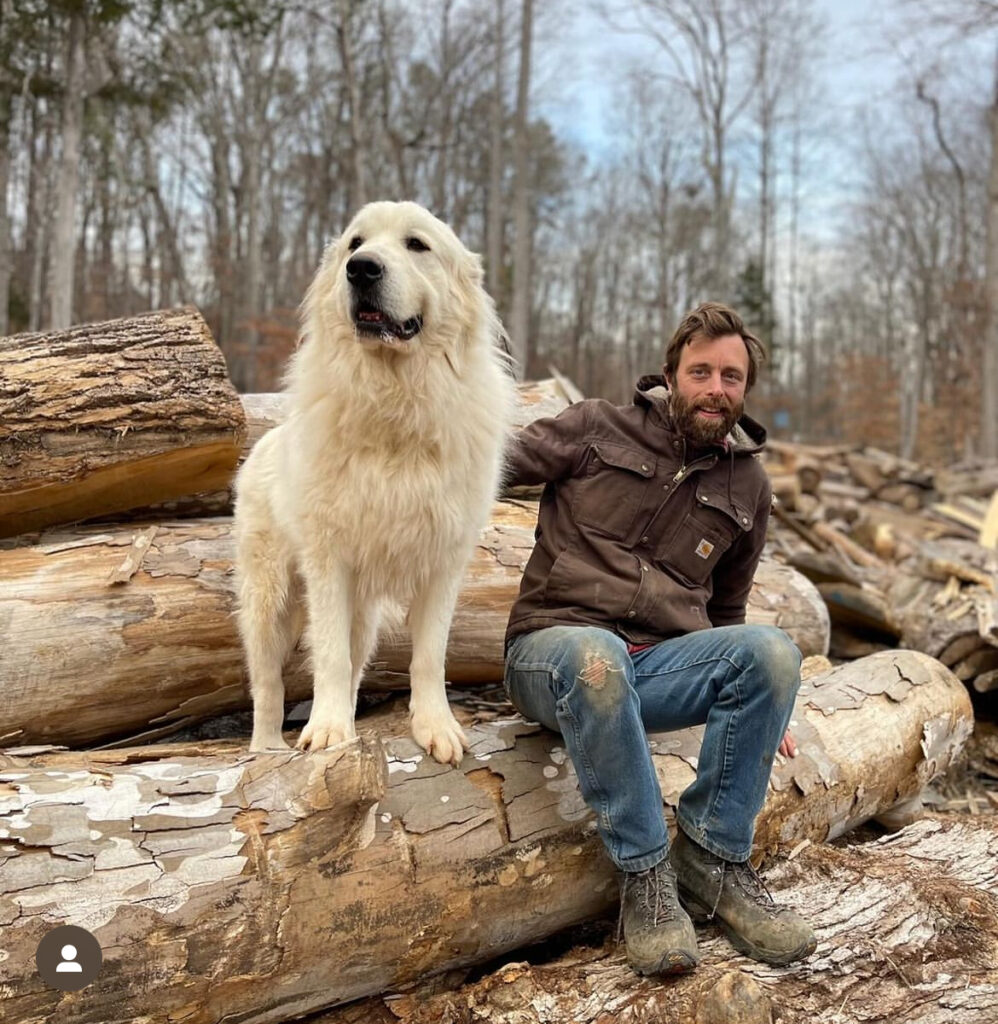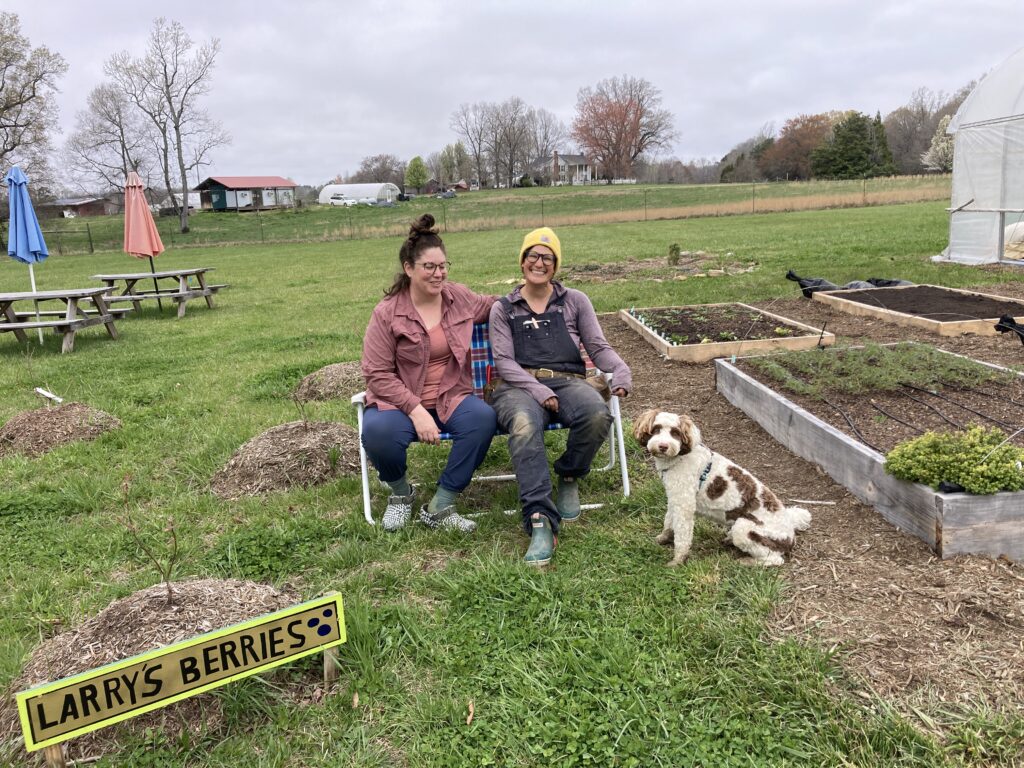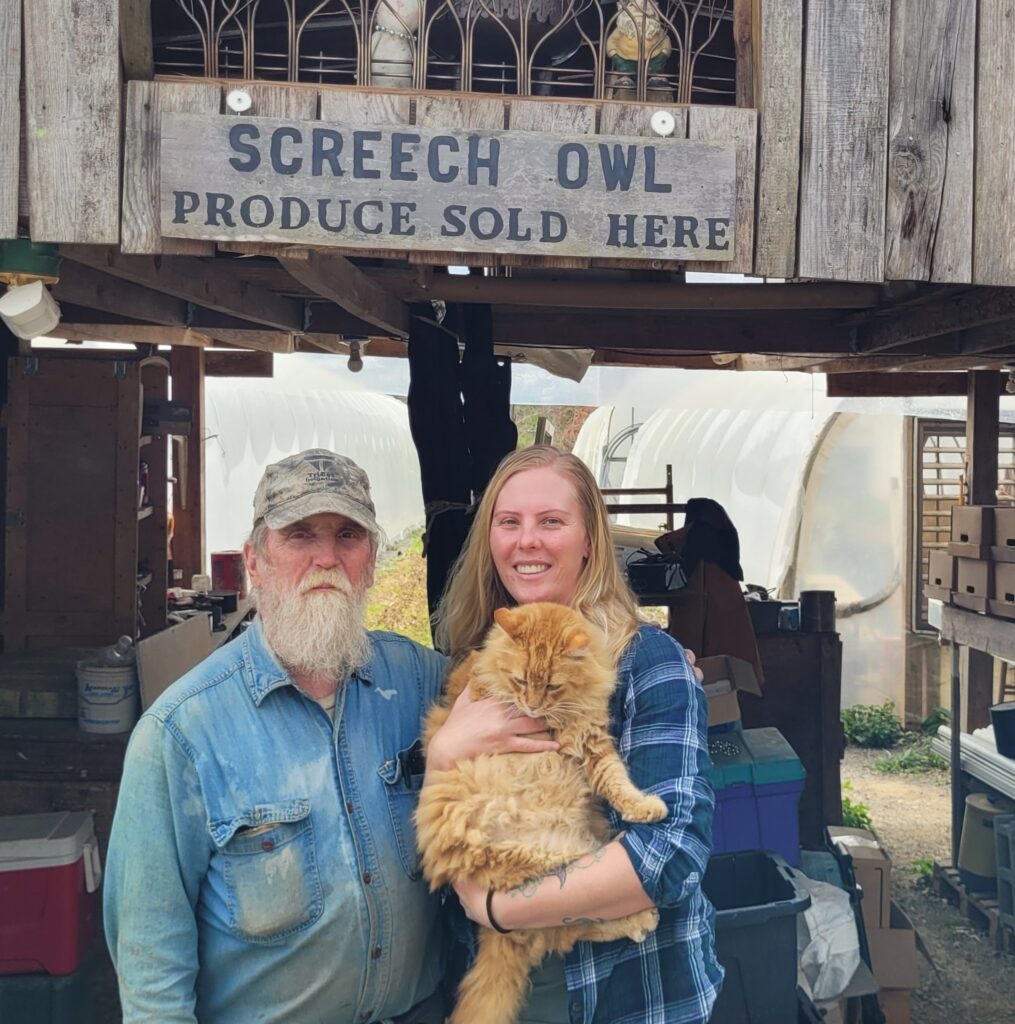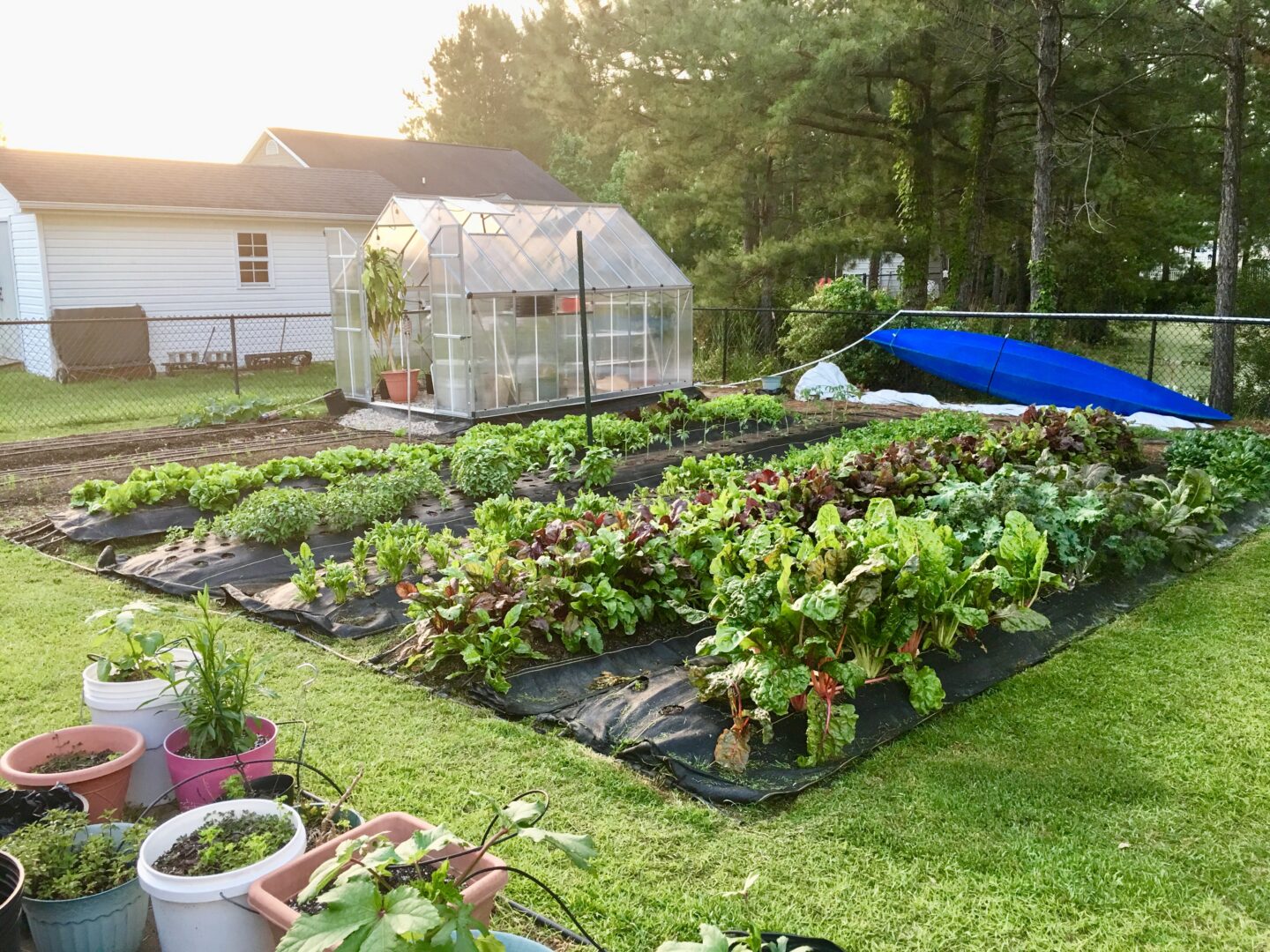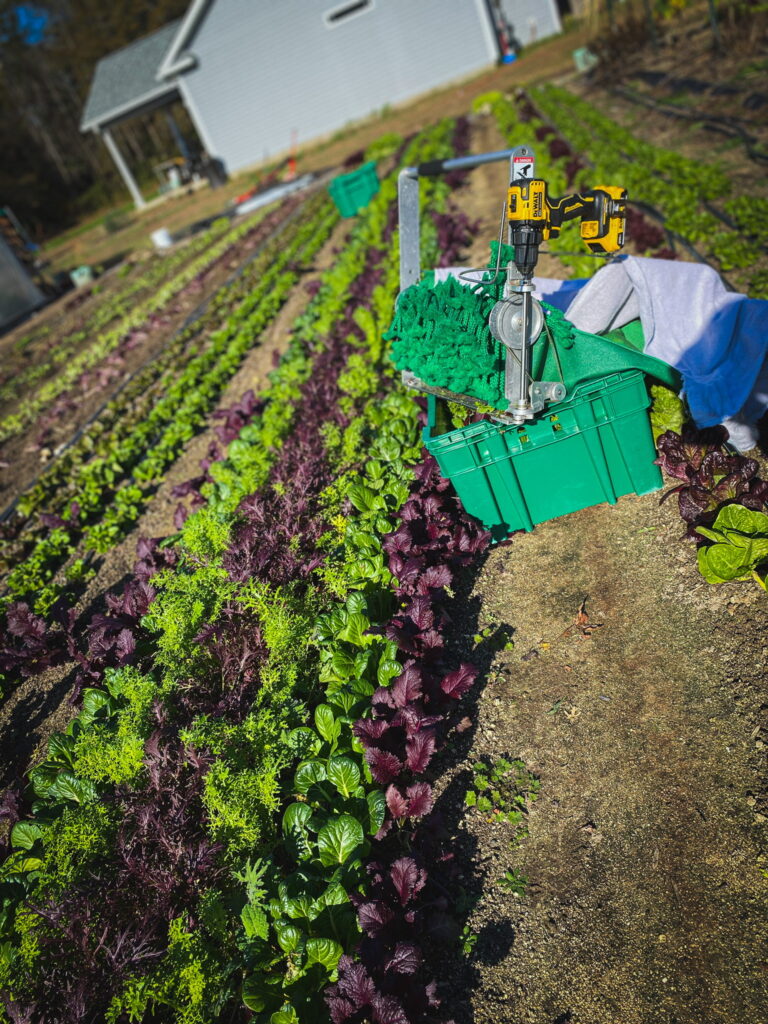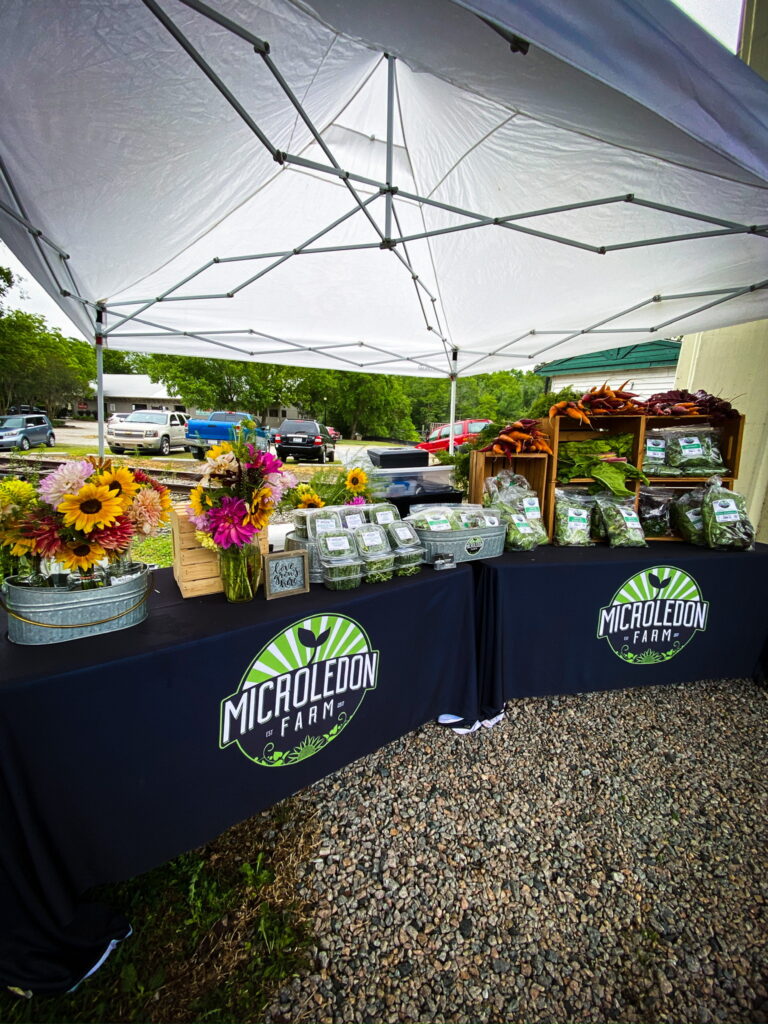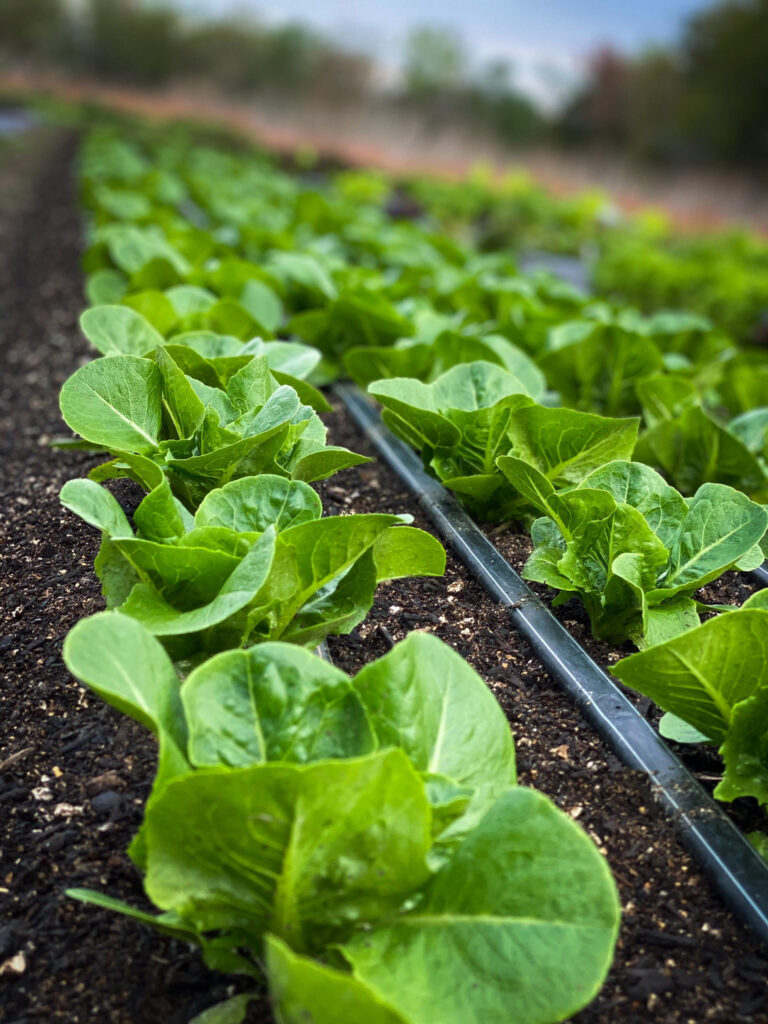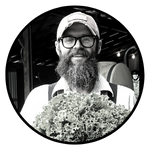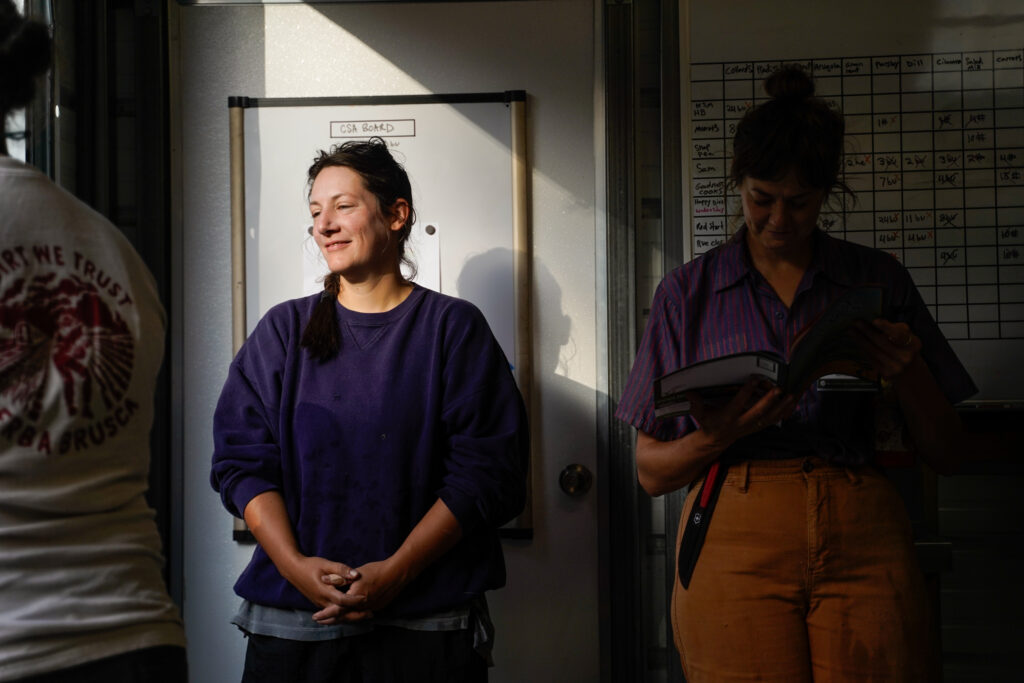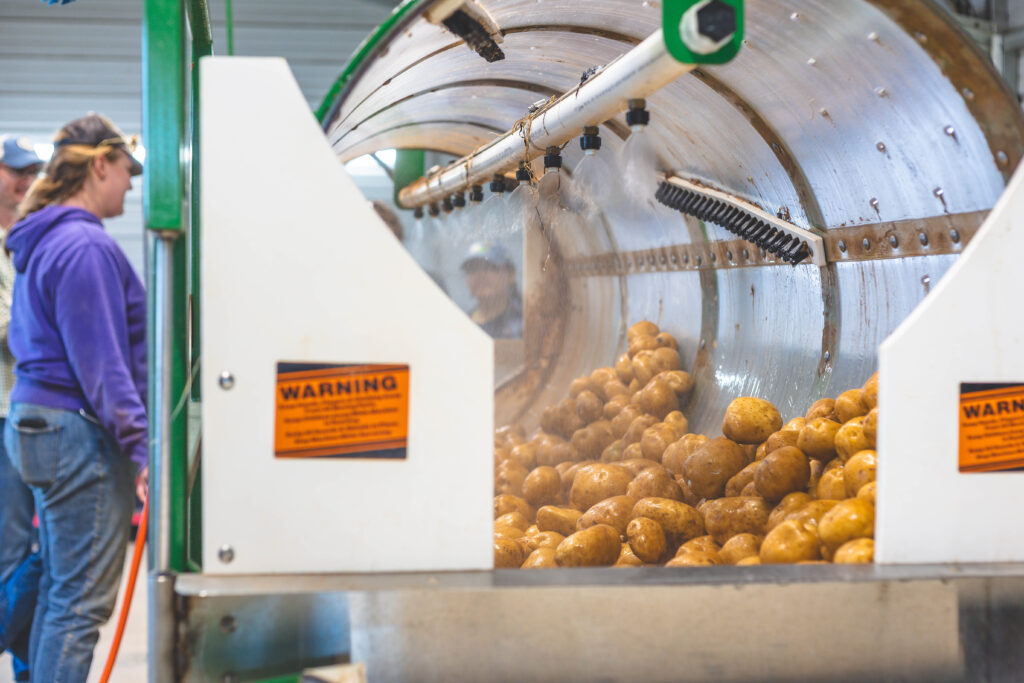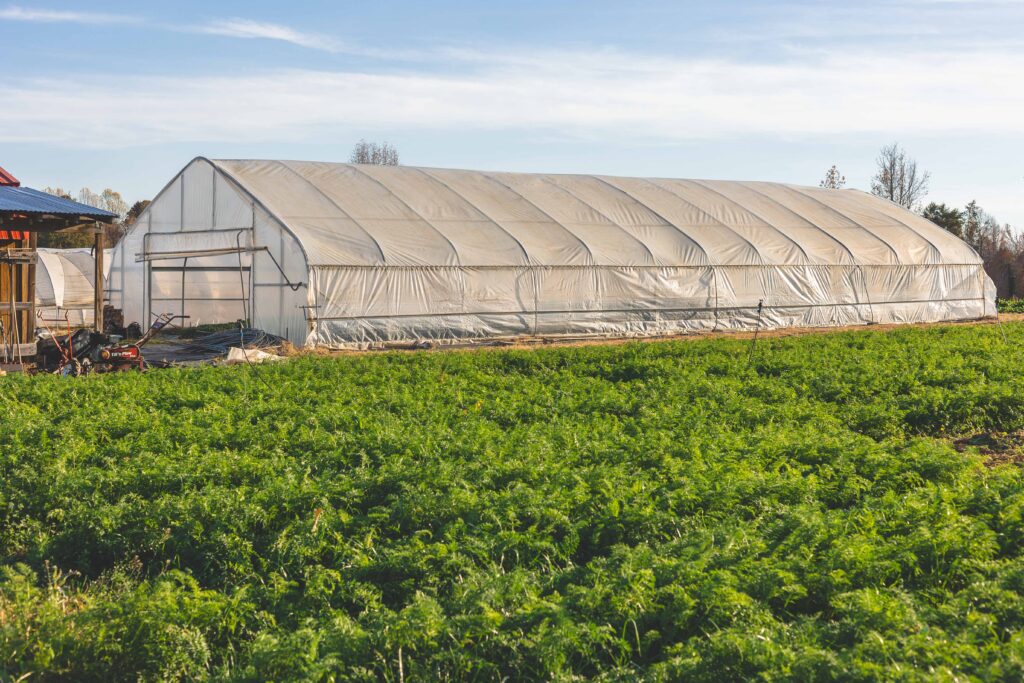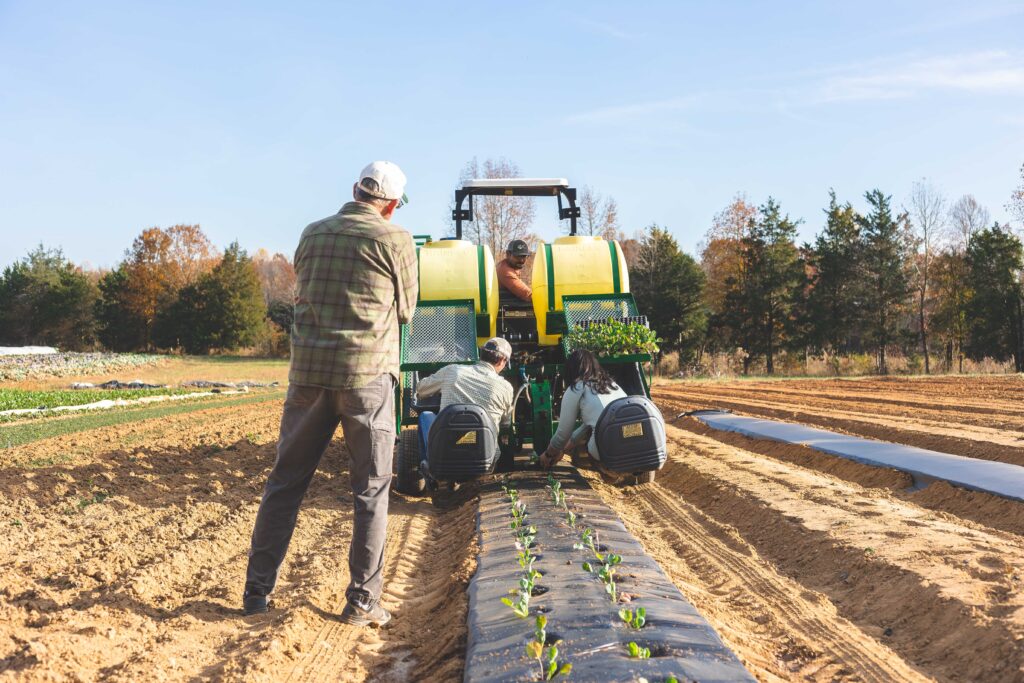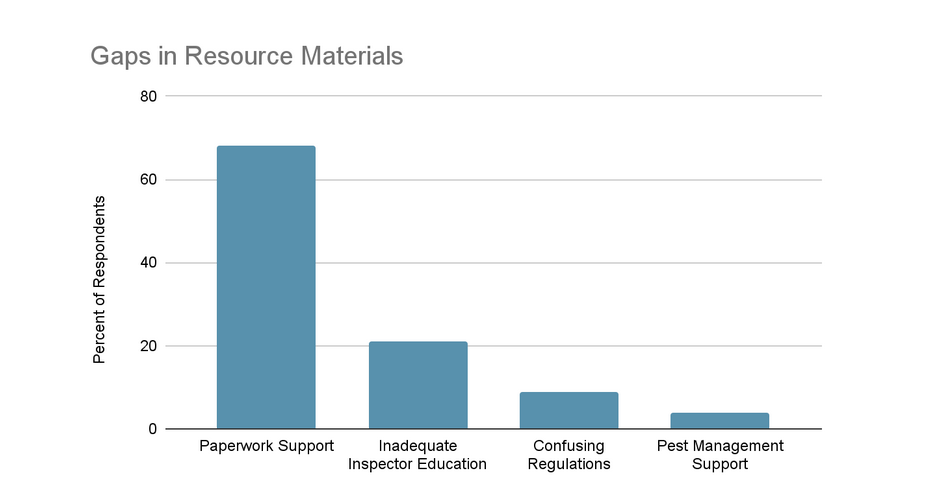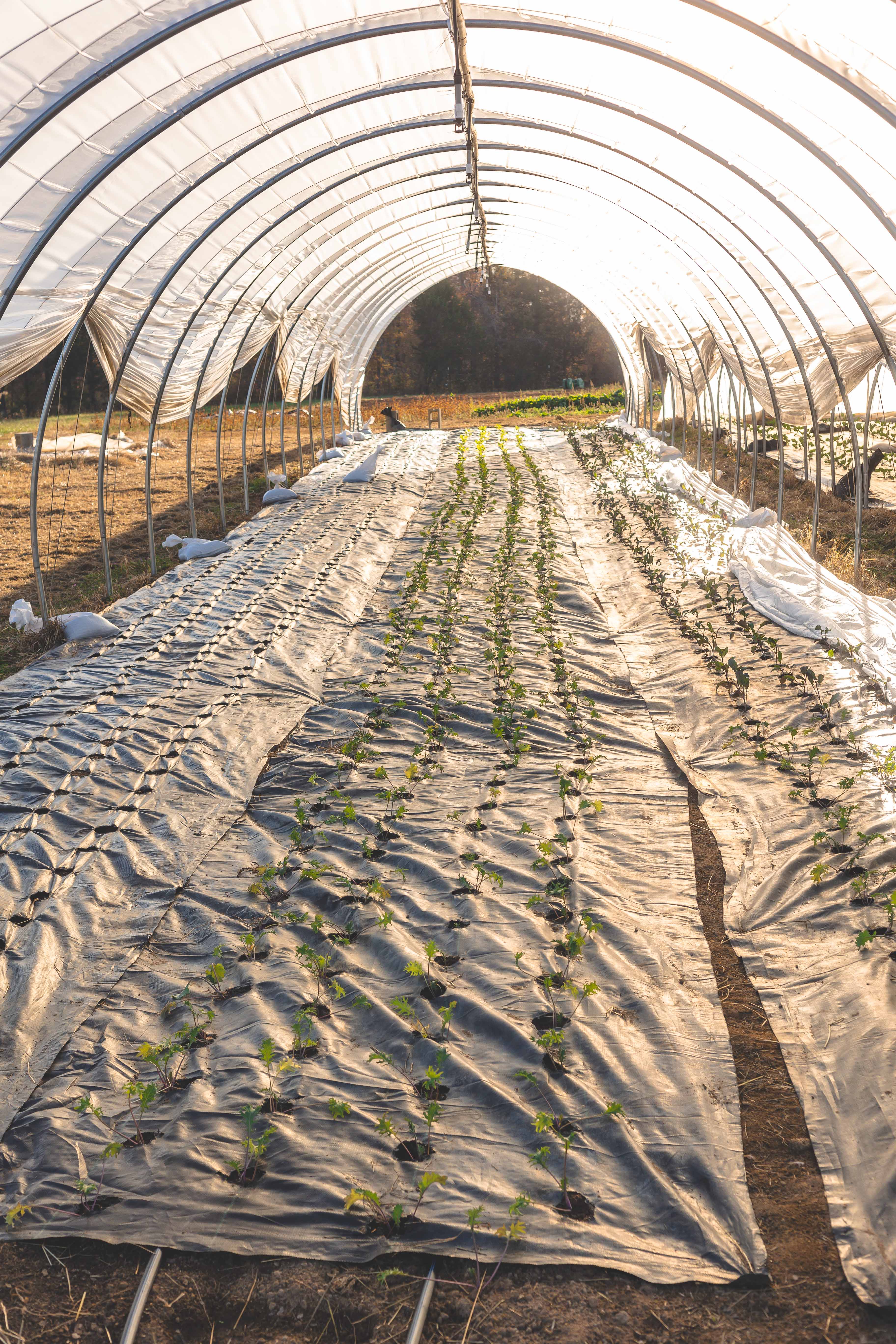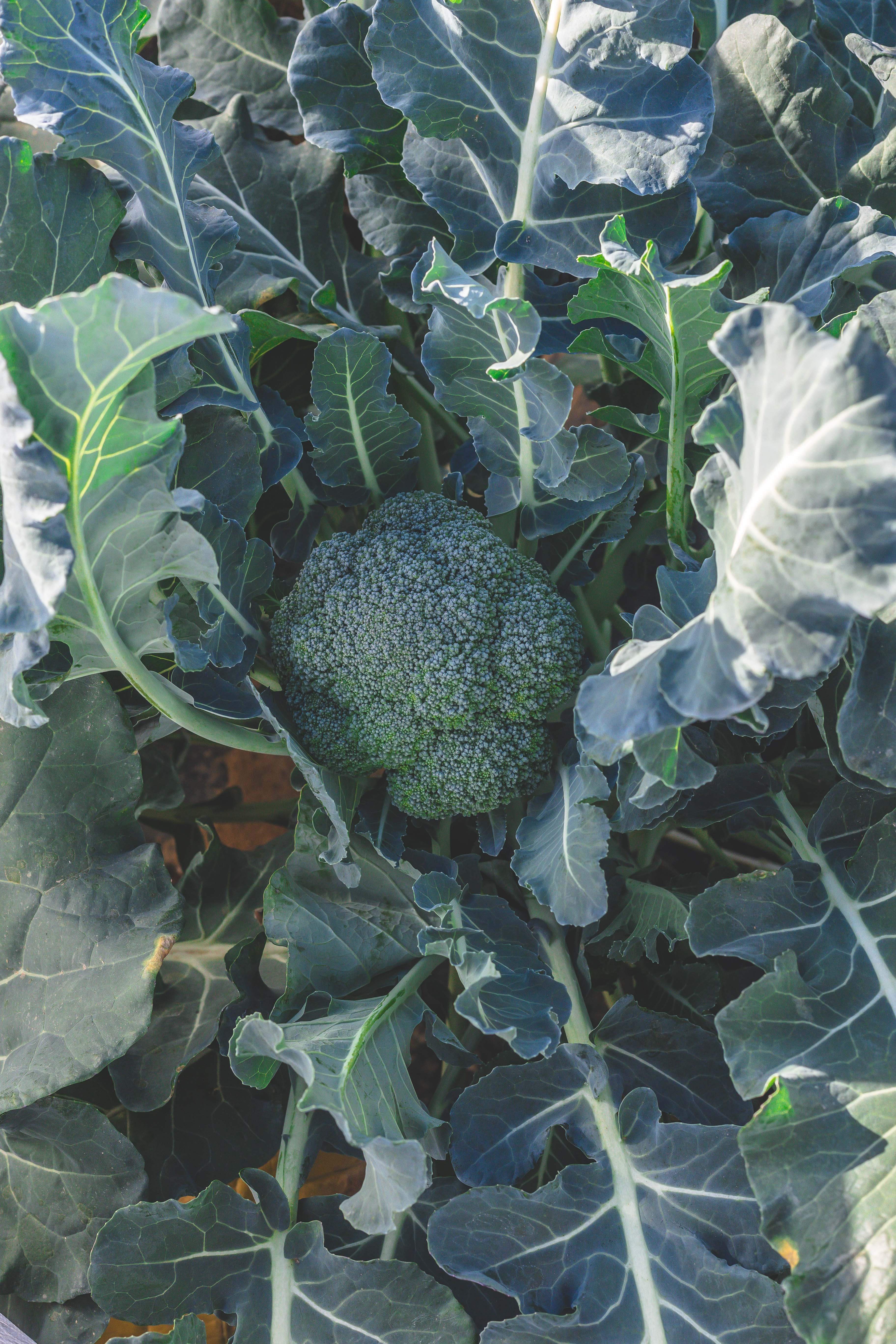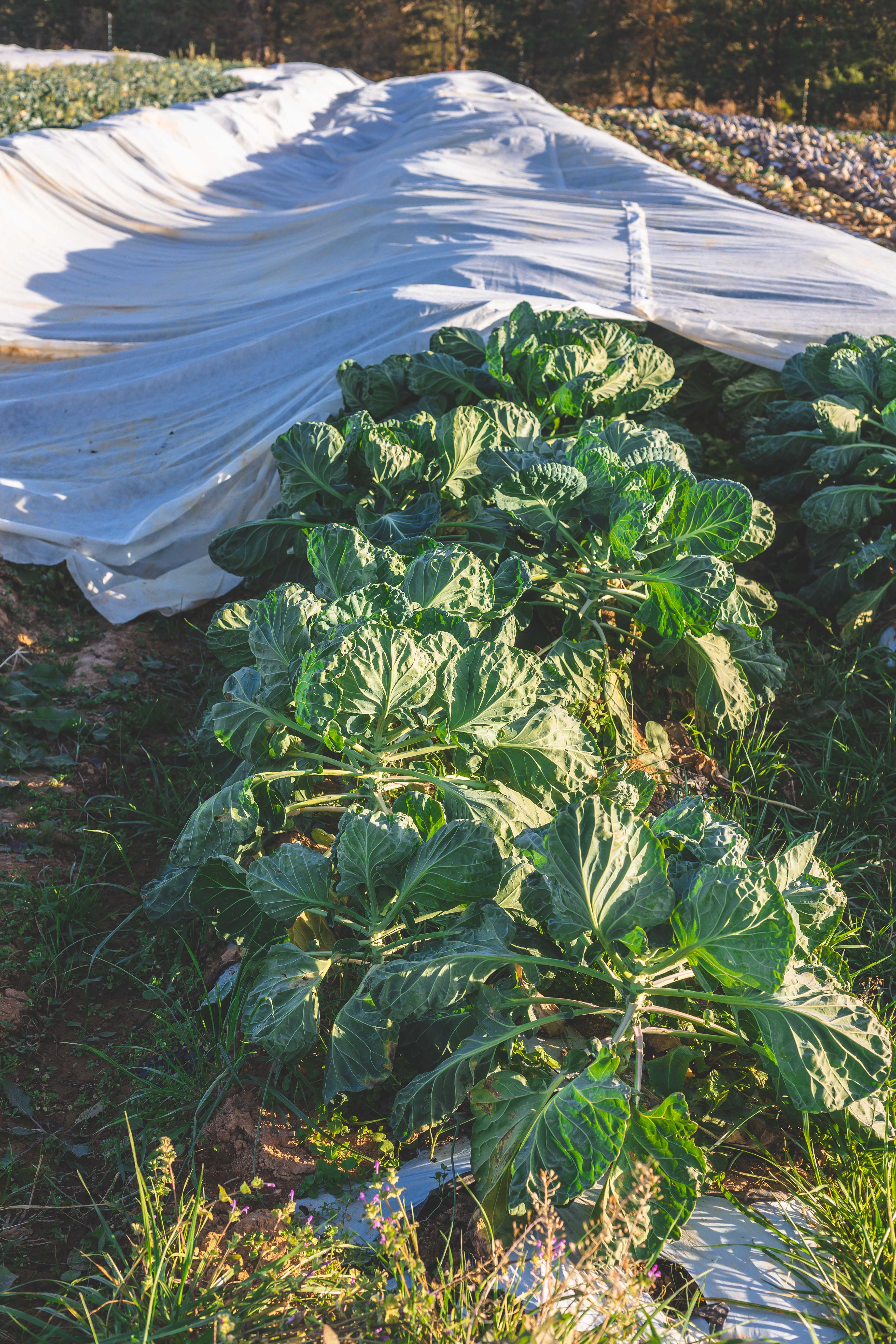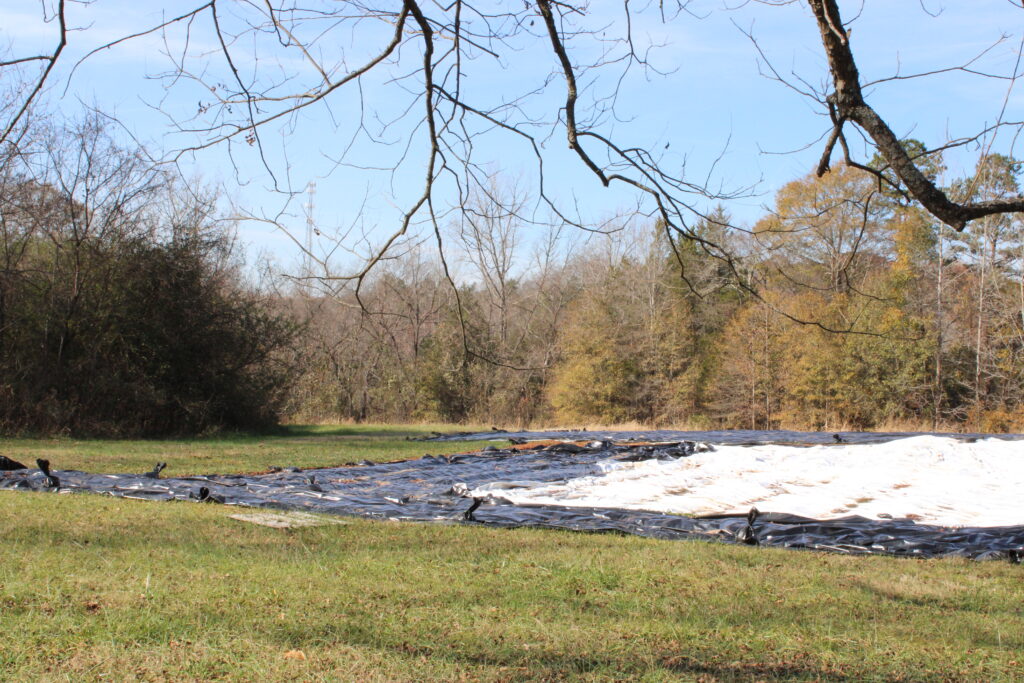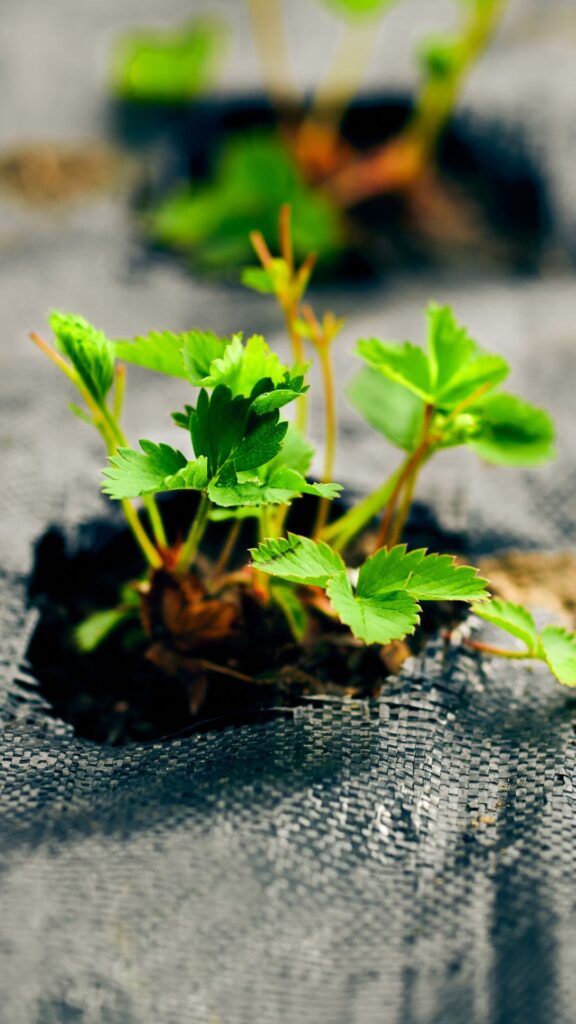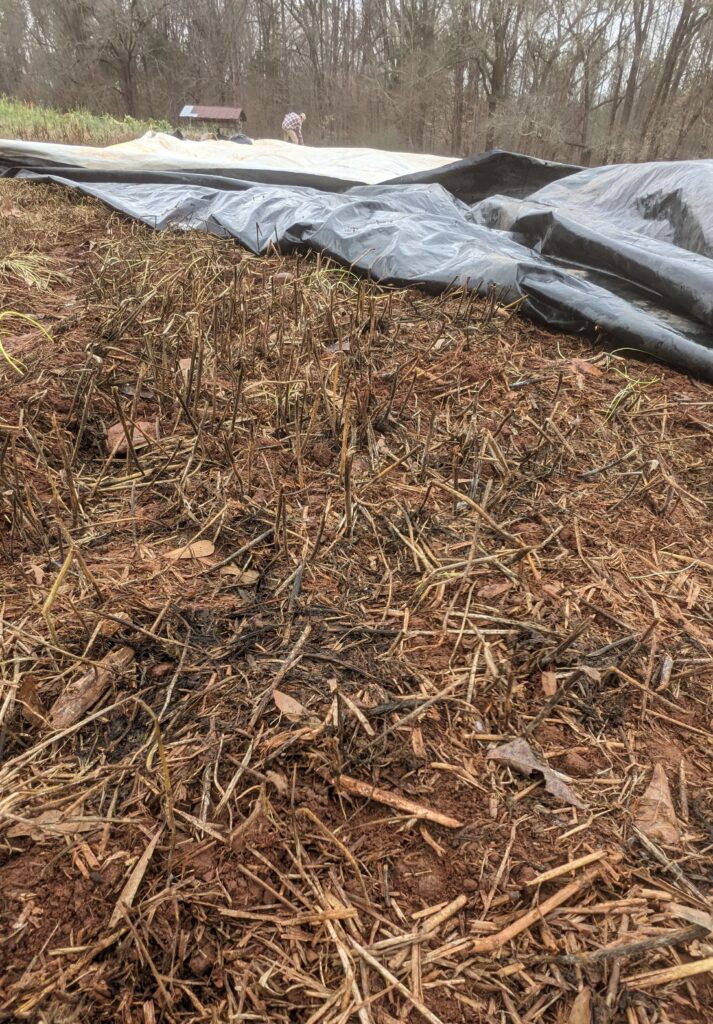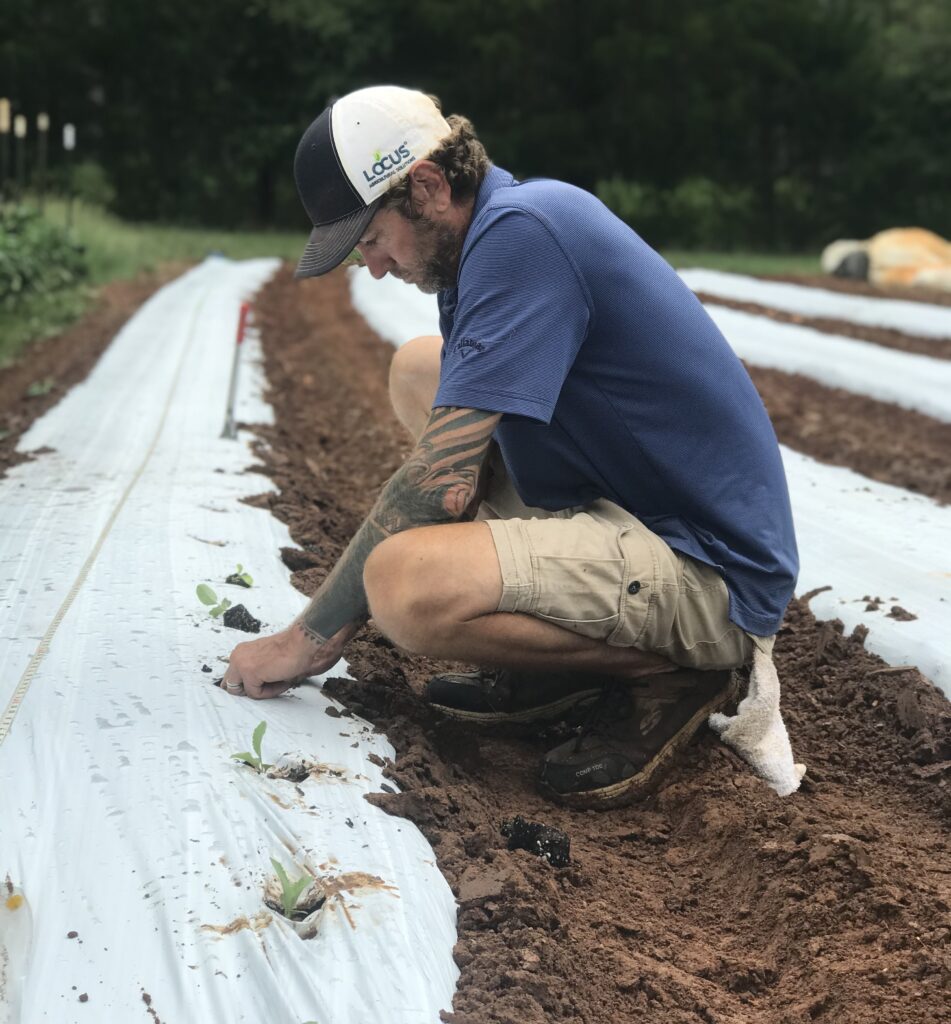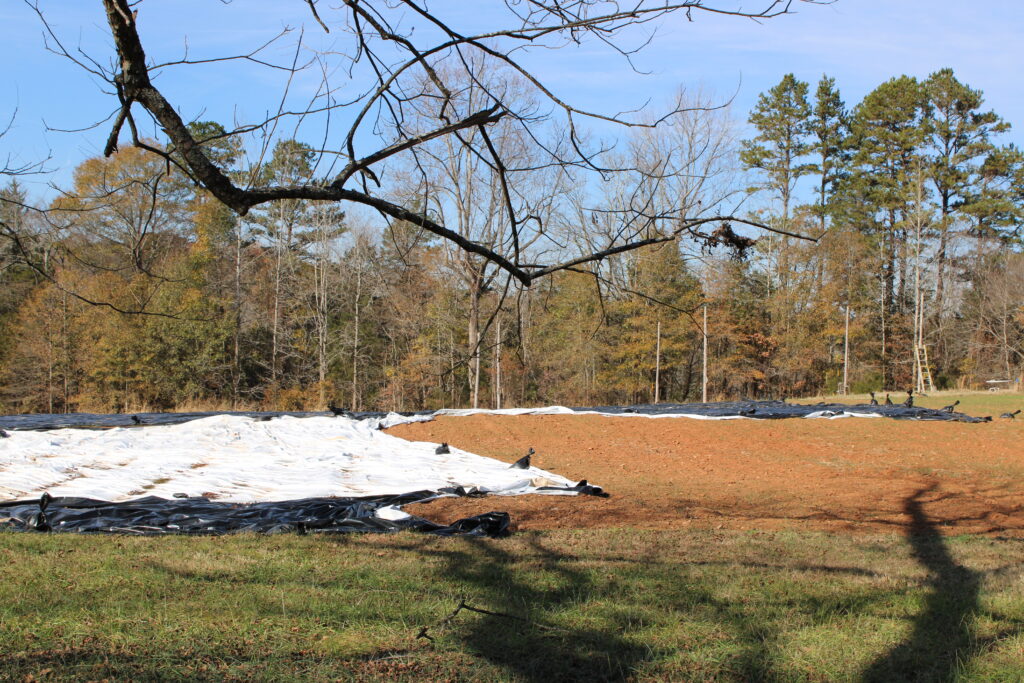by Amelia Bruss, CFSA Soil Health Technician
In the face of escalating climate change impacts, the agricultural sector finds itself at the forefront of both challenge and opportunity. As global temperatures rise and weather patterns become increasingly erratic, traditional farming practices are being tested like never before. In this context, embracing climate-smart agriculture practices has become an essential strategy for climate adaptation.
Climate-smart agriculture represents a paradigm shift in how we approach food production, intertwining ecological resilience, resource efficiency, and sustainable development objectives. At its core, climate-smart agriculture seeks to harness agricultural practices that mitigate greenhouse gas emissions, enhance carbon sequestration, and bolster the resilience of farming systems to climate-related shocks and stresses.
The urgency for climate adaptation in agriculture stems from the mounting evidence that climate change impacts disrupt agricultural productivity and livelihoods worldwide. Farmers grapple with unprecedented challenges that jeopardize food security, economic stability, and environmental integrity, from prolonged droughts and extreme heat waves to intensified floods and shifting growing seasons.
By adopting climate-smart practices, farmers can mitigate the adverse effects of climate change and seize opportunities to enhance their adaptive capacity and long-term sustainability. These practices encompass various strategies, ranging from conservation agriculture and agroforestry to precision irrigation and crop diversification.
Climate-smart agriculture offers multifaceted benefits beyond climate adaptation alone. By enhancing soil health, conserving water resources, and promoting biodiversity, climate-smart agriculture practices contribute to improved ecosystem services, reduced vulnerability to pests and diseases, and increased agricultural productivity over the long term.
The USDA (United States Department of Agriculture) provides various grant programs to support climate-smart agriculture practices. These grants are designed to assist farmers, ranchers, and forest landowners in implementing these climate-mitigating practices.
The specific details of USDA climate-smart grants may vary depending on the program and funding availability. However, some common themes and objectives include:
- Partnerships and Collaboration: Collaborate with other organizations, including universities, research institutions, and non-profits, to administer these climate-smart grant programs. These partnerships help leverage resources, expertise, and networks to maximize the impact of the funded projects.
- Research and Innovation: Funding is allocated to support research initiatives focused on developing and improving climate-smart agricultural practices. This can include soil health, water management, crop diversity, and carbon sequestration projects.
- Technical Assistance: These grants support technical assistance programs that help farmers and landowners adopt and implement climate-smart practices. This can involve training sessions, workshops, on-farm demonstrations, and one-on-one consultations.
- Infrastructure Development: Some grants may also support the development of infrastructure necessary for climate-smart agriculture, such as irrigation systems, renewable energy installations, or facilities for composting and waste management.
- Conservation Programs: USDA conservation programs often include components promoting climate-smart practices. These programs may provide financial incentives, cost-share assistance, and technical support to landowners who implement practices that improve soil health, reduce greenhouse gas emissions, or enhance wildlife habitat.
CFSA’s Climate-Smart Partnerships
CFSA is partnering with The Rodale Institute and Pasa Sustainable Agriculture to support farmers interested in adopting and studying climate-smart practices.
The project, entitled “Quantifying the Potential to Reduce Greenhouse Gas Emissions and Increase Carbon Sequestration by Growing and Marketing Climate-Smart Commodities in the Southern Piedmont,” led by Rodale Institute, is partnering with a team of twelve universities, farming NGOs, and consulting firms, to work with vegetable farmers and farmers markets in the Southern Piedmont to promote the adoption of climate-smart farming practices and expand markets for the sale of climate-smart commodities. Farmers will be asked to add cover crops to their vegetable rotation. Data will be collected on greenhouse gas emissions, soil health benefits, economic impacts, and social barriers to the adoption of using cover crops versus not using cover crops on their fields. This information will provide farmers with the data needed to capitalize on carbon market programs and understand how they can better steward their lands and communities while providing recommendations to the USDA for ways to economically and socially support farmers’ transitions to climate-smart agriculture.
Additionally, Rodale has designed a marketing campaign that investigates the best strategies for educating consumers about the value-added benefits of purchasing climate-smart commodities. The information gained from this work will help farmers better understand the value of their work and provide the USDA with recommendations on ways to support climate-smart markets through consumer education.
The project “Climate-Smart Farming & Marketing: Engaging in Community Science & Practice from Maine to South Carolina” is led by Pasa Sustainable Agriculture and invites farmers from 6 major watersheds across 15 states, including lands stewarded by Tribal nations and Indigenous farmers in the same geographic region to participate. The program offers financial and technical support for farmers who want to implement climate-smart practices such as agroforestry, cover cropping, prescribed grazing, and reduced tillage. Farmer participants will help measure the environmental benefits of these practices, and the project partners will help them educate customers to grow informed consumer demand. The 28 practices that are supported by this program include:
Alley cropping (311)
Conservation Cover (327)
Contour Buffer Strips (332)
Conservation Crop Rotation (328)
Cover Crop (340)
Fence (382)
Field Border (386)
Filter Strip (393)
Forest Farming (379)
Grassed Waterway (412)
Hedgerow Planting (422)
Herbaceous Wind Barriers (603)
Livestock Pipeline (516)
Mulching (484)
Nutrient Management (590)
Pasture and Hay Planting (512)
Prescribed Grazing (528)
Range Planting (550)
Silvopasture (381)
Stripcropping (585)
Tree/Shrub Establishment (612)
Vegetative Barrier (601)
Residue and Tillage Management, No-Till (329)
Residue and Tillage Management, Reduced (345)
Riparian Herbaceous Cover (390)
Upland Wildlife Habitat Management (645)
Windbreak/Shelterbelt Establishment (380)
Watering Facility (614)
Note: The three-digit code after each practice indicates the corresponding Natural Resource Conservation Service (NRCS) practice standard.
Through proactive adaptation measures grounded in climate-smart agriculture, we can cultivate crops and hope for a more resilient and equitable tomorrow. For more information on these programs and how to apply for them, head to the provided links or connect with one of CFSA’s technical assistant providers!
Southern Piedmont Climate-Smart Project
Pasa Climate-Smart Farming & Marketing Project
USDA Partnerships For Climate-Smart Commodities
The CFSA Farm Services Team is here to provide technical assistance on conservation planning, organic production, transition, and certification. If you live in the Carolinas and would like to discuss how we can help, let us know!




